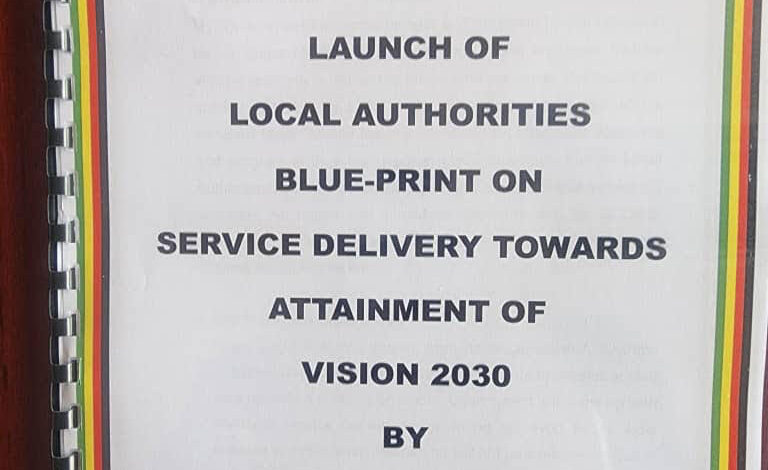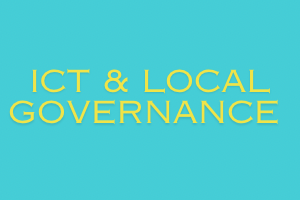Local Governance in Zimbabwe: Challenges and Opportunities

Currently, Zimbabwe grapples with a complex landscape of local governance marked by both challenges and opportunities. The local authorities in Zimbabwe, tasked with delivering essential services and fostering community development, face a myriad of obstacles. These range from financial constraints, lack of infrastructure, and political instability to inadequate training and resources for local councillors. Yet, amidst these challenges, there are also opportunities for improvement and growth. This article delves into the current state of local governance in Zimbabwe, exploring the challenges faced and the potential opportunities for enhancing local governance.
Local Governance in Zimbabwe: The Challenges
Financial Constraints for local authorities
One of the most pressing challenges faced by local authorities in Zimbabwe is financial constraints. The lack of adequate funding hampers the ability of these governments to provide essential services, such as water, sanitation, and basic education. This financial crunch not only affects the quality of services but also undermines the trust and confidence of the community in local government institutions. Additionally, with Zimbabwe struggling with inflation and a local currency citizens and institutions do not want, improving these constraints is a mammoth task. The favourable USD is hard to come by and citizens are not keen to pay their rates using the much coveted currency.
Infrastructure Deficits in local authorities
Infrastructure deficits are another significant challenge. Many local authorities in Zimbabwe struggle with outdated and inadequate infrastructure, including roads, schools, and health facilities. These deficits not only impede the delivery of services but also limit the economic potential of the communities they serve. Moreover, the infrastructure development in Zimbabwe will need all stakeholders to be involved. This is from local government to local authorities and community leaders.
Political Instability
Political instability further complicates the situation. Frequent changes in policy and an unstable political arena can create uncertainty and hinder the implementation of long-term development plans. This instability can also lead to corruption and mismanagement of public funds.
Lack of Training and Resources
Also, local councillors often lack the necessary training and resources to effectively manage their communities. This gap in capacity can lead to poor decision-making and inefficient service delivery. This is evidenced by the lack of sound management of some of the country’s local governments.
Opportunities for Improvement
Strengthening Local Governance Institutions
Furthermore, there is a clear opportunity for strengthening local governance institutions in Zimbabwe. By providing these institutions with adequate funding, training, and resources, it is possible to enhance their capacity to deliver services and foster community development.
Investing in Infrastructure
Investing in infrastructure is another key opportunity. By improving roads, schools, and health facilities, local governments can enhance the quality of life for their communities and stimulate economic growth. Furthermore, this can be a concerted effort by both the public and private sector. Corporates can give back to their communities via social corporate respnsibility. This can be by working with local authorities in Zimbabwe to improve, build and maintain infrastructure in communites they operate in.
Promoting Transparency and Accountability
Promoting transparency and accountability can also help to address some of the challenges faced by local authorities in Zimbabwe. By ensuring that local councilors are held accountable for their actions, it is possible to build trust and confidence in these institutions.
Conclusion
In conclusion, while local authorities in Zimbabwe face significant challenges, there are also clear opportunities for improvement. By addressing these challenges and seizing the opportunities for growth, local authorities can play a crucial role in developing their communities and contributing to the overall development of Zimbabwe.




